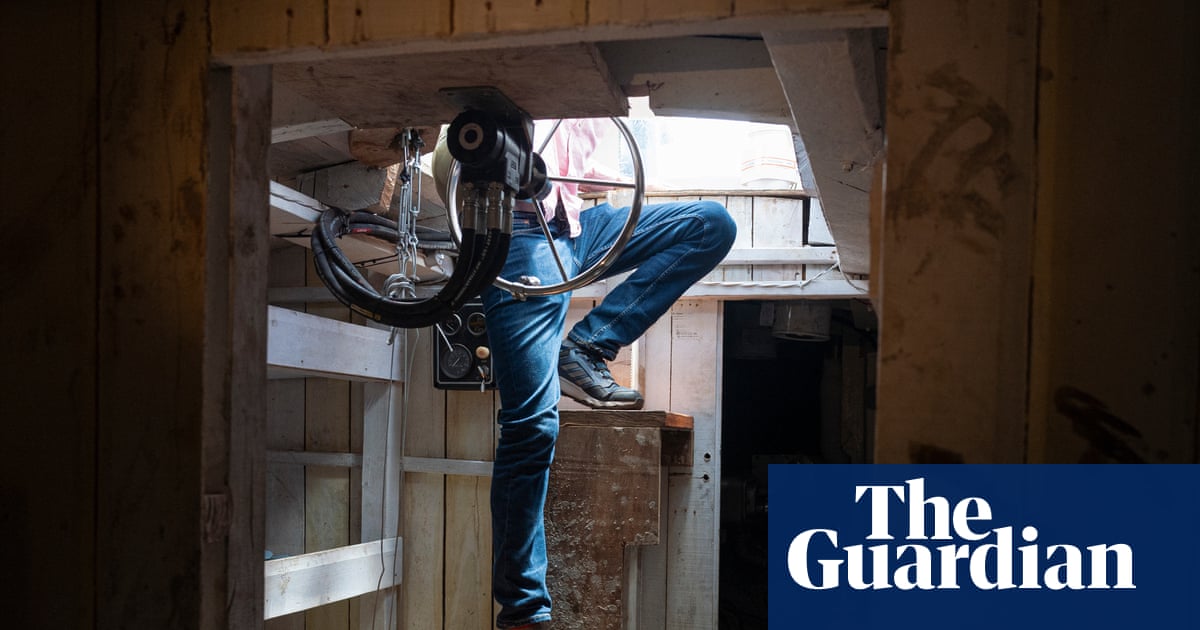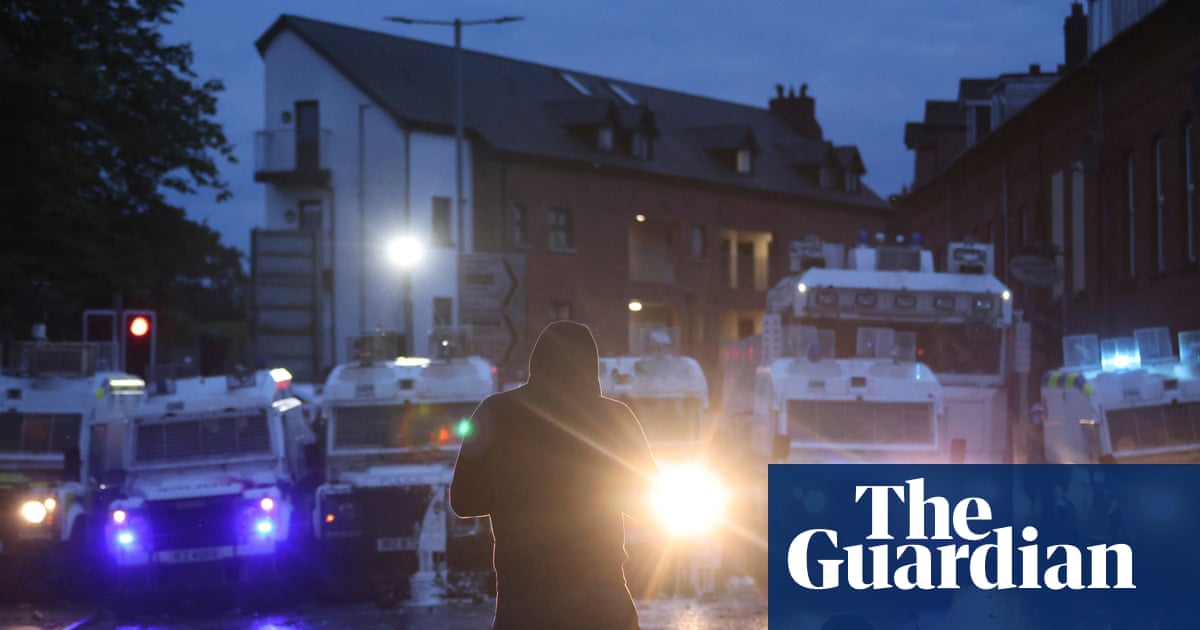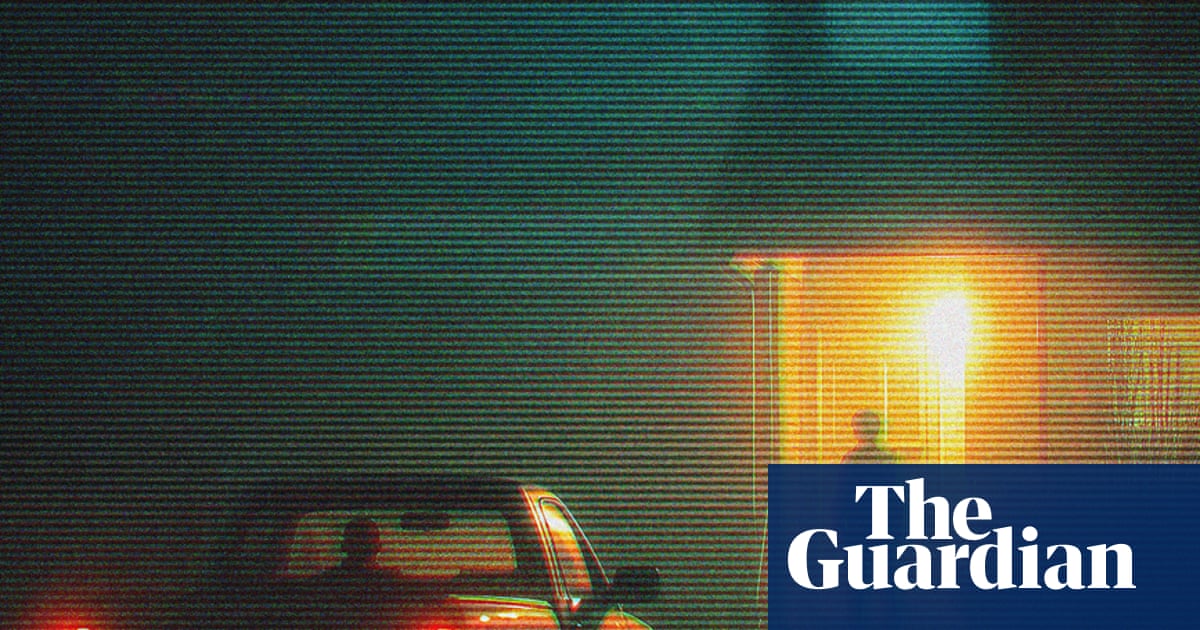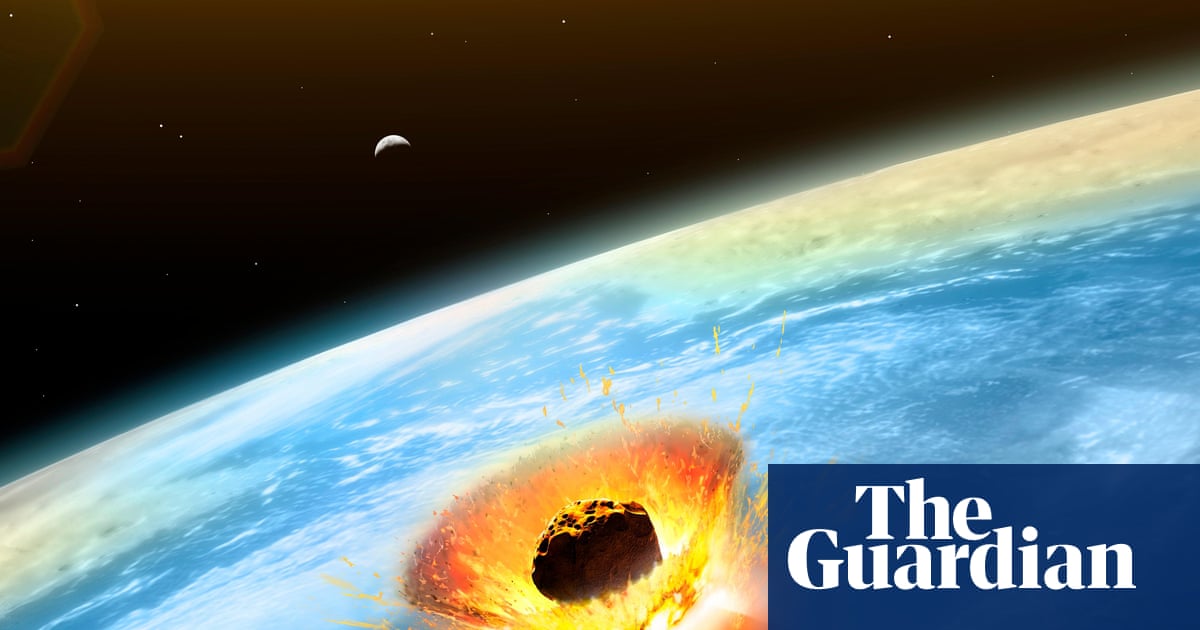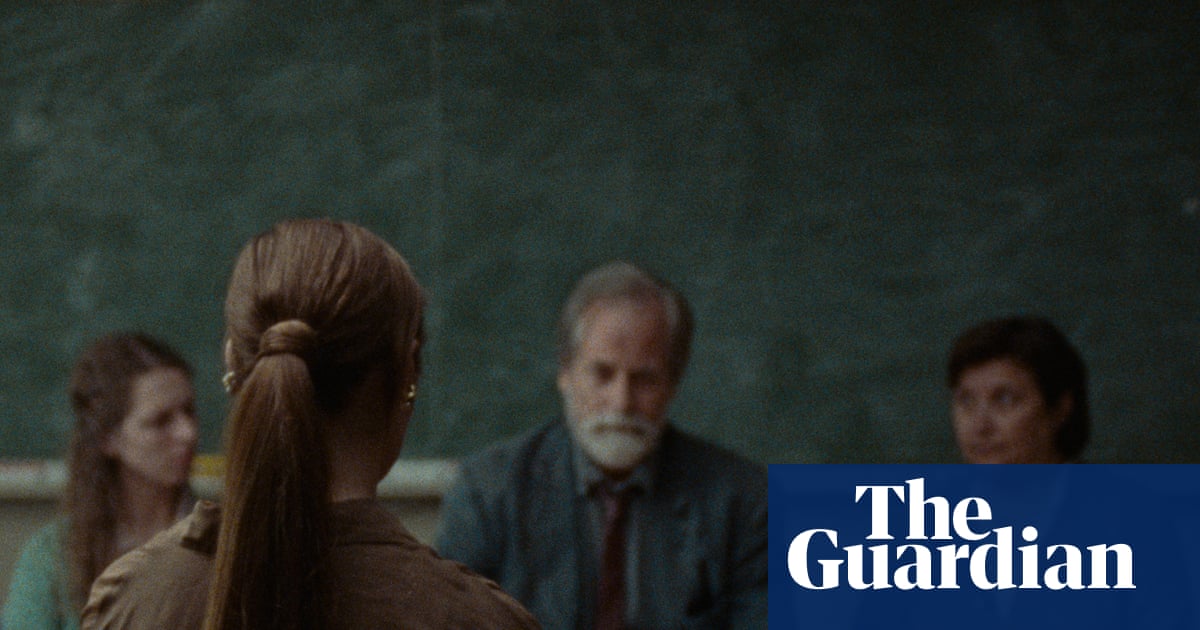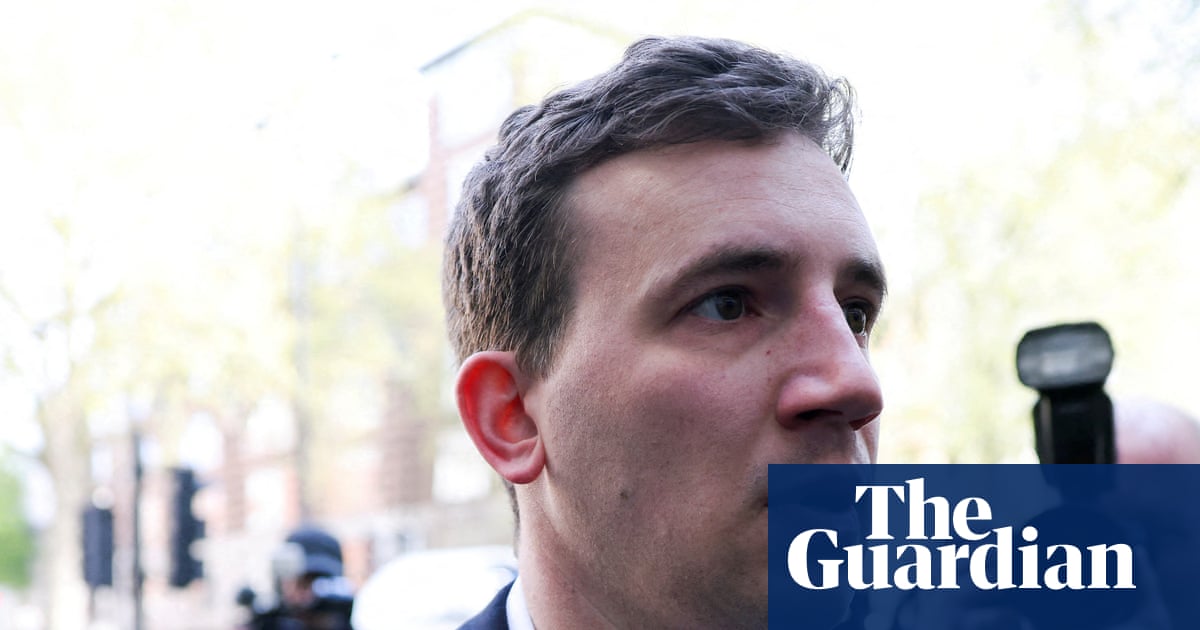Biblical rain, meagre food rations and – in one particularly notable case – a frozen, dead sheep. The Duke of Edinburgh’s award (DofE) prides itself on offering teenagers experiences that a classroom cannot replicate – and the charity has recently said more people are signing up than ever before.
More than 342,000 young people took on tasks to achieve their bronze, silver or gold award last year, according to the DofE. For people who shared their abiding memories of the scheme with the Guardian, many involved getting very wet somewhere deep in the UK countryside.
James, 29, from Manchester, completed his gold award in 2013. He recalls: “Of the many candidates for worst experience, mine would be a sub-zero night in the Peak District field containing a frozen dead sheep.
“During the night, my water leaked over my tent mate’s sleeping bag. He woke up and, in a delirious state, put it over the top of our tent to dry. He told me the following morning that he’d been lying next to me on his sleeping mat, watching me shiver in my sleep for the rest of the night. By the morning, his sleeping bag was frozen solid.”
For 32-year-old Freya from London, “biblical rain” cut her silver award expedition short in the 2000s. “The plan was to do a day of walking just outside Ripon and a day in a canoe, but on our first day there was substantial rainfall which meant we arrived at the campsite absolutely sodden,” she says.
Feeling deflated, the group of 15 set up camp in silence. “Our spirits were so low we couldn’t even be bothered to get the cooker going so just had a Mars bar for dinner, crawled into the foetal position and slept,” she adds.
“The next day we were meant to get in a canoe but when we woke up it had rained heavily throughout the night. We were up for continuing but we had to cancel the rest of the expedition because the river was so high we couldn’t get our boats under the bridge.
“We eventually completed the expedition and really enjoyed it. Looking back I have fond memories as it was a fun experience and it was nice to spend a weekend detached from my phone.”
Getting lost was a strong theme among respondents. For *Zara, 41, from Scotland, who went on her bronze expedition in the late 90s in the Cairngorms, a diversion turned out to be a highlight. “We waved down a tractor, and a farmer very kindly took us for a few kilometres. We felt like we’d got one over on the teachers.”
On their journey, Zara’s group stumbled across a wild stag. “It caught our eye, then wandered off. It felt so spectacular,” she says.
Although the rise in DofE participation may be partly explained by an increase in the number of teenagers in the UK, experts said it was also the result of character education becoming a growing focus for state schools.
Prof Tom Harrison, the deputy pro vice-chancellor for education innovation at the University of Birmingham, says there is a “growing realisation [in education] that getting a good grade is not a direct route to success in getting a job but indeed in life more broadly”.
Harrison says that in the past, character education was considered the preserve of private and selective schools, but it has increasingly become an area of focus for state schools, which benefited from a £3.4m government funding boost to expand the scheme in 2021. His research has found that in 2024, 22% of outstanding Ofsted reports mentioned character education, compared with 1% in 2014.
Pepe Di’Iasio, the general secretary of the Association of School and College Leaders, says the awards are an “excellent scheme offering young people a valuable chance to learn skills and enjoy new experiences”, with particular benefit considering concerns about the amount of time that children spend on electronic devices and screens.
Mike Hall, 54, blames a heavy backpack for his failed silver award expedition on the Offa’s Dyke path in Shropshire in 1986. “I came over a stile, and the drop on the other side was greater than I thought. My backpack wasn’t balanced properly, so I went over at an angle and I landed in the field with an enormous ‘crack’!
“I broke my ankle and couldn’t take my boot off. It swelled up enormously. We didn’t have mobile phones, so my mates hiked the last five miles to the end of the trail to fetch the teachers. Two hours later, they helped me into the back of a minibus, and I was dropped off at home in Surrey to go straight to A&E.
“I was on crutches and a plastic cast for weeks. And that was the story of my life for about another seven years or so until I ended up having reconstructive surgery and getting my ankle sorted out properly in my 20s.”
Hall did not receive his silver award until he completed the same hike the following year.
*Name has been changed.

 2 months ago
59
2 months ago
59


